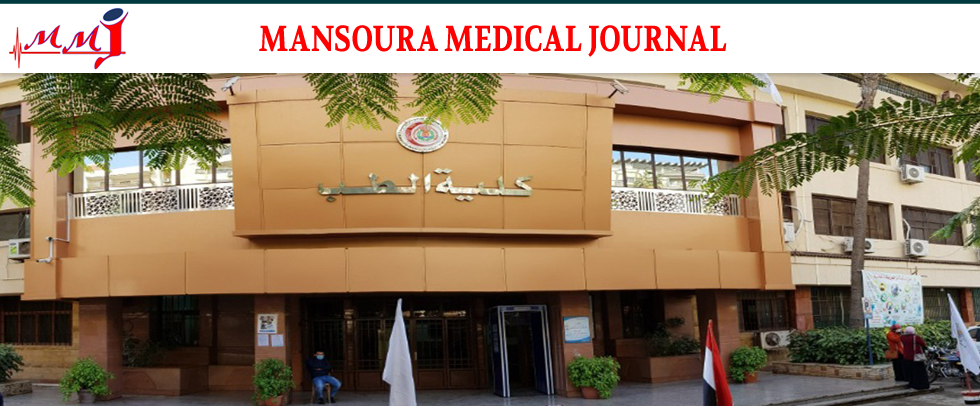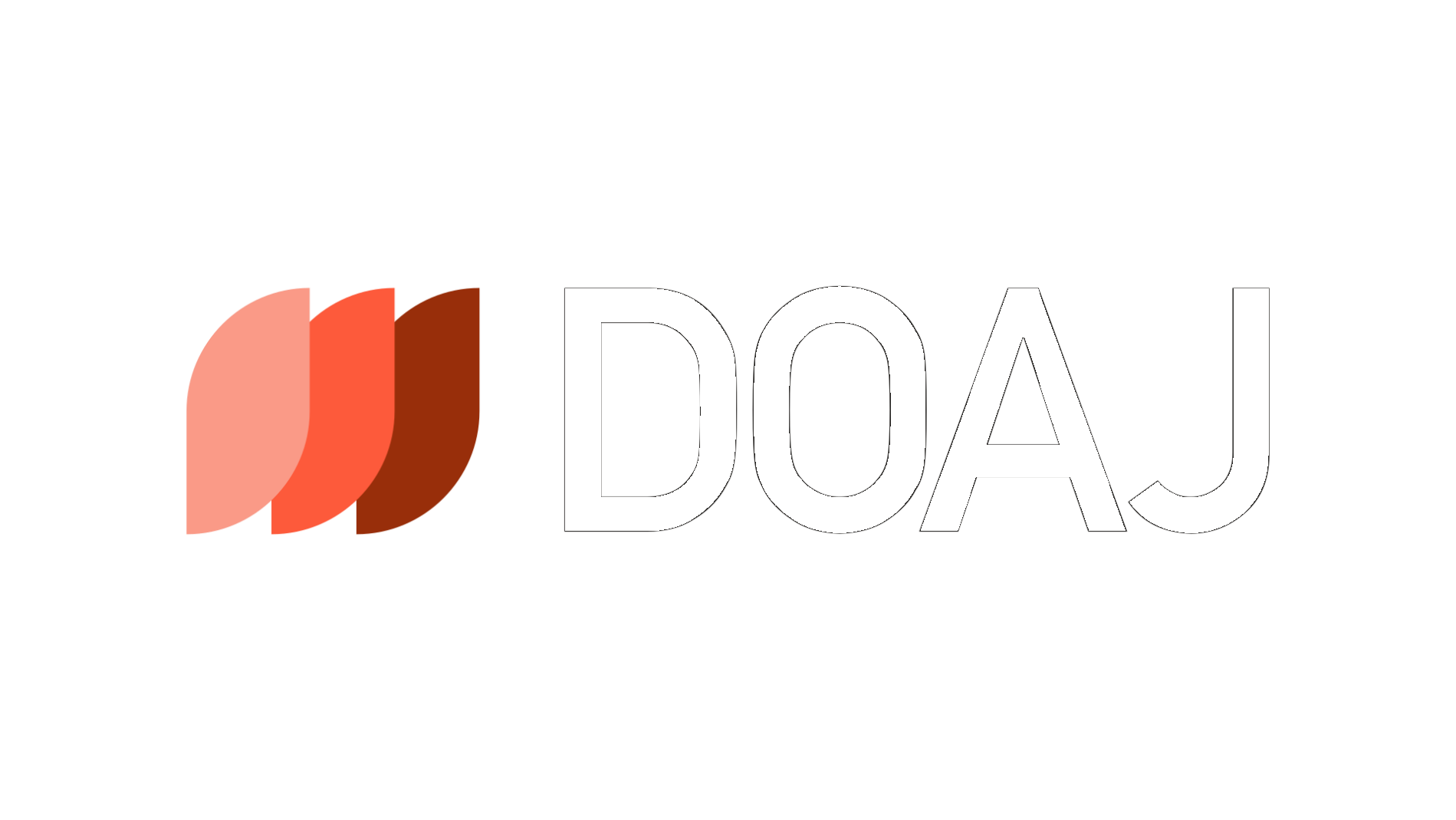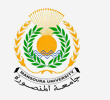Subject Area
Nephrology
Article Type
Original Study
Abstract
Background: Lack of appetite (anorexia) is a relatively common symptom among hemodialysis patients and contributes to development of malnutrition; moreover, it is associated with unfavorable outcomes. The aim of this study was to explore the socio-demographic aspects of end- stage renal disease (ESRD) patients receiving hemodialysis, the clinical characteristics of such patients, and to assess their appetite and its impact on daily dietary intake. Methods: This was a cross-sectional study that was carried out at Mansoura Nephrology and Dialysis Unit (MNDU), Mansoura University and Aga Hospital Dialysis Unit, Dakahlia, Egypt. The study was carried on patients with ESRD on hemodialysis. Patients who met inclusion and exclusion criteria were included in the study. Demographic and clinical characteristics were collected and appetite was assessed using subjective assessment of appetite then compared to dietary intake. Results: The current study included 162 hemodialysis patients whose age 48.72±12.64 years, and males constituted 57.4% of them. The two main causes of ESRD in the present study were hypertension (51.9 %), followed by diabetic nephropathy (9.3 %). Hepatitis C virus (HCV) prevalence was found to be 36.4%. Median energy intake was 1348.5 kcal/day with (minimum-maximum) 519.78-3214.17 kcal/day, protein intake was 58.53 g/day. Significant lower values of dietary nutrient intake were observed among patients with diminished appetite category than those with normal appetite when assessed by subjective assessment of appetite. Conclusion: Diminished appetite is associated with decreased nutrient intake. Dietetic counseling is essential in HD patients to reduce rates of malnutrition.
Recommended Citation
Elboraey, Mohamed; Ibtihal, Ibrahim; Ehab, Eltoraby; and Mona, Tawfik
(2021)
"Appetite Disorder in Hemodialysis Patients and its Impact on Dietary Intake: A Cross-sectional study.,"
Mansoura Medical Journal: Vol. 50
:
Iss.
2
, Article 2.
Available at:
https://doi.org/10.21608/mjmu.2021.75294.1015
Creative Commons License

This work is licensed under a Creative Commons Attribution 4.0 International License.



